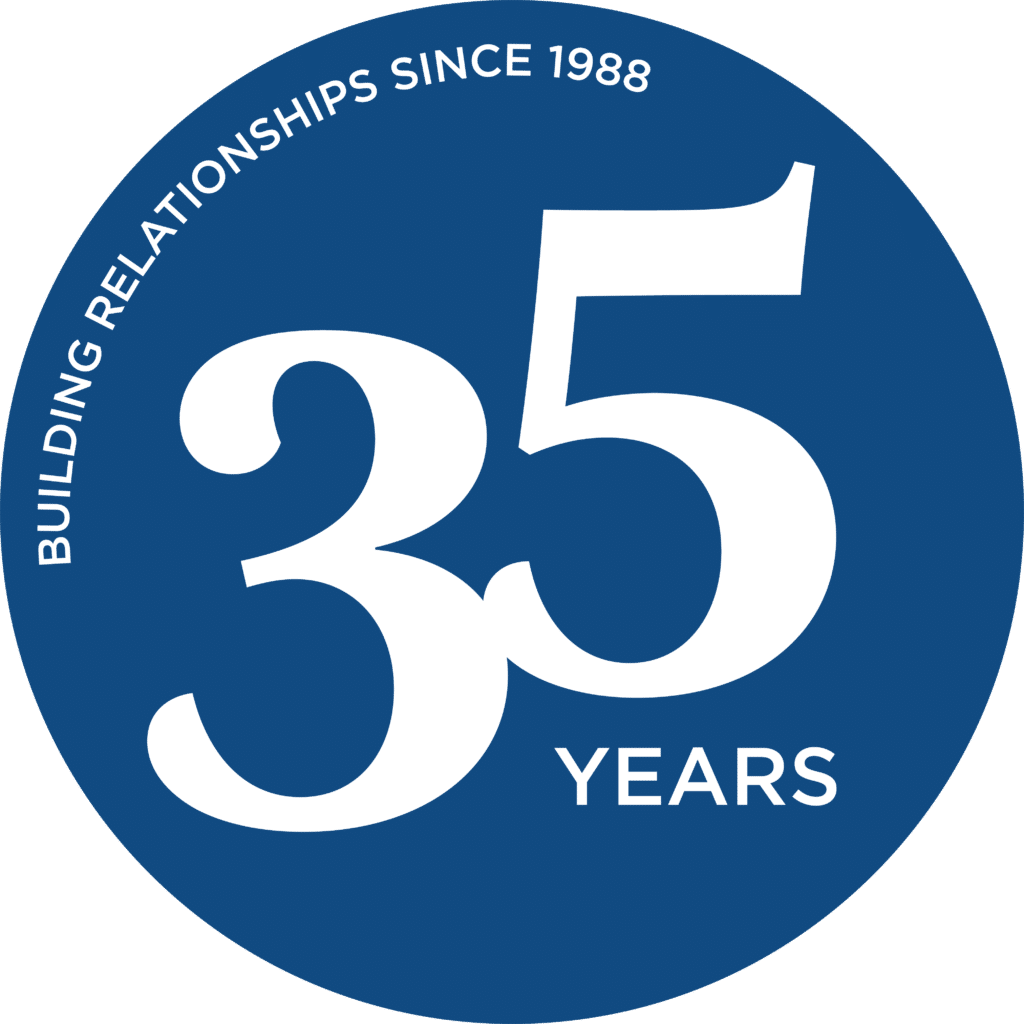Welcome to final part of our five-part thought leadership blog series, Elevating the Employee Experience for the New World of Work. You can read parts one through four here.
In light of the COVID-19 pandemic, the United States is seeing unprecedented numbers of employee furloughs, layoffs, and reductions in force (RIF), resulting in historically high unemployment rates. Companies are struggling to make financial decisions regarding their employees’ futures in the workforce.
The decision to eliminate positions is a timely, difficult process that, if not executed correctly, could have adverse effects on employee engagement, morale, and productivity as well as company reputation. When layoffs are necessary, much effort is focused on the preparation: identifying affected positions, conducting meetings, and delivering severance packages. However, support efforts do not end with the separation process. All staff members are affected by the reduction: exiting employees must begin their job search; surviving employees must adapt to their new work environment; and managers must restructure responsibilities and duties. Research shows that downsizing a workforce by 1% leads to a 31% increase in voluntary turnover the next year. What’s more, A 2002 study by Magnus Sverke and Johnny Hellgren of Stockholm University and Katharina Näswall of University of Canterbury found that after a layoff, survivors experienced a 41% decline in job satisfaction, a 36% decline in organizational commitment, and a 20% decline in job performance.
Leaders and HR must have a strategic and transparent approach to support all employees before, during and after the downsizing to ensure their organization and employer brand remain resilient.
Supporting Impacted Employees
Job loss is one of the top 10 most stressful life events. Accompanied by the pandemic, the immediate impact on the employee and family can be very real and detrimental. Employees who have lost their jobs feel extreme pressure on several fronts: they need to support themselves and their families, and they also likely feel an acute need for medical benefits for themselves and their dependents. As the job market continues to evolve, navigating the changing environment can be overwhelming. Progressive organizations of all sizes provide displaced employees with outplacement or career transition services. Career transition services provide the best opportunity to help leaders balance careful strategy, set the former employee up for success, and sends a positive message that reassures remaining employees.
Each individual’s career transition is a unique journey. CCI’s Career Transition services deliver a personalize approach beyond the resume and branding. Each displaced employee (participant) is assigned a coach that will help them navigate the separation from the organization, improving their chances of landing another job by developing their skills and improving their self-confidence. Coaches get to know the participant on a personal level and build a strategy around their needs and challenges. Job search fundamentals including, resume development, LinkedIn optimization, job search strategies, personal branding, networking, and interviewing techniques are reviewed with the participant for maximum development. Employers who invest in career transition services, invest in their former employee’s future, mitigating the risk of reputational harm.
Reassuring Remaining Staff
Following a staffing reduction, surviving employees often feel a range of emotions including guilt, anxiety, stress and anger. Leaders and HR staff must have a strategy to support these employees. Consistent communication is key. Rumors will generate and it is important to communicate the truth about the organizational changes and what the plan is moving forward. Employees will question what their future holds and how will the work get done with less people? The best strategy is to keep employees engaged and informed. Establish open lines of communication so staff can understand the changes and involve them in the process as much as possible. Many employers will seek employee feedback through Pulse Surveys. Leaders will be able to compile responses to better understand how the workforce is coping, determine morale, and identify ways to improve and reengage employees.
Furthermore, offering programs such as Employee Assistance Programs (EAP) can provide confidential counseling services and help employees address their questions and concerns and ease fears. As a result, employees will feel supported and have a connection and investment in the company moving forward.
Safeguarding Your Employer Brand
Finally, it is no secret that a company’s reputation is built on its mission, vision, and values. During transitional periods, an organization’s response to change can have long-standing effects on business operations and employee / customer engagement. How employers treat their employees during this critical time defines what the employer brand really represents. The employee experience is quintessential to maintain a positive reputation. Employees, both past and present, are brand representatives and are willing to share their experiences on social media platforms such as Facebook, LinkedIn, Twitter, Google and Glassdoor. A negative employee experience can adversely affect attracting top-tier talent and retaining existing employees. A survey by Indeed found that 83% of job seekers decide where to apply based on company reviews. Additionally, if the employee experience does not align with the company’s values, it may impact relationships with current and future customers. Essentially, when making layoffs, employers need to take action that backs up their brand.
The short-term cost of providing support to employees is far outweighed by the long-term benefits:
- Investment in exiting employees for future success
- Trust and transparency among existing workforce
- Improved employee / customer engagement
- Retaining and attracting talent
- Maintaining a positive brand image
During this unprecedented time, having a formal outplacement strategy that supports both displaced and remaining employees during and after a workforce transition is arguably more important today than ever before. A reduction in force is never easy. By investing in the future of the employees being impacted and in the future of your organization, you’ll ensure that the separation is positive and successful.
Kelly Marolf
Human Resources Consultant
CCI Consulting
Ease the Impact of Restructuring
For over three decades, CCI Consulting has been viewed as a trusted advisor, supporting organizations small and large through workforce reductions. Our highly tailored, high-touch career and job search support provides the personal and professional coaching, skill development and resources individuals needs to make a smooth and successful career transition—and as quickly as possible.
Learn how we can support your organization and employees through a restructuring.



